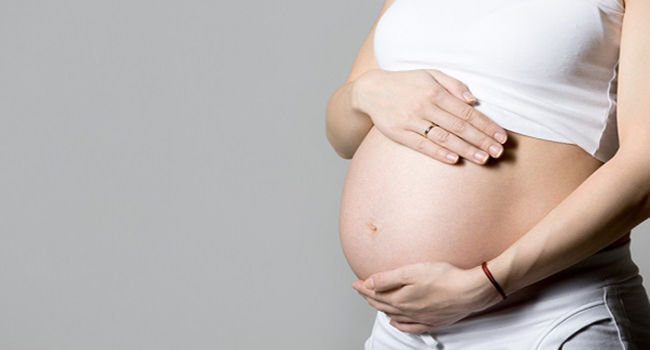
Pregnancy can be an exciting yet scary time for a woman. You get all sorts of advice on the Dos and Don'ts of pregnancy.
Nicotine, contained in cigarettes, and cannabis are common recreational drugs these days. It is a common perception that the use of nicotine and cannabis by pregnant mothers can negatively affect the brain development of the baby. However, strong clinical data on these topics was lacking.
Recently, a clinical trial was conducted to explore the effects of the use of nicotine and cannabis in pregnant women, on the brain development of subsequently born babies.
Nicotine is a chemical substance that's found in all tobacco products, including cigarettes, pipes, and cigars. It is a highly addictive substance that keeps you smoking.
Cannabis, also known as marijuana, is a naturally occurring drug found in the cannabis plant. It is a psychoactive drug that is used for recreational purposes as it elevates mood and relieves anxiety.
A clinical study was conducted recently to evaluate the effects of nicotine and cannabis use during pregnancy on the brain development of the subsequently born baby.
The clinical trial included 1197 pregnant females. Of these, 99 tested positive for nicotine, 47 for cannabis, and 33 tested positive for both drugs. IQ levels and attention scores of the babies born to these mothers were calculated at 5 years and 2 years respectively.
